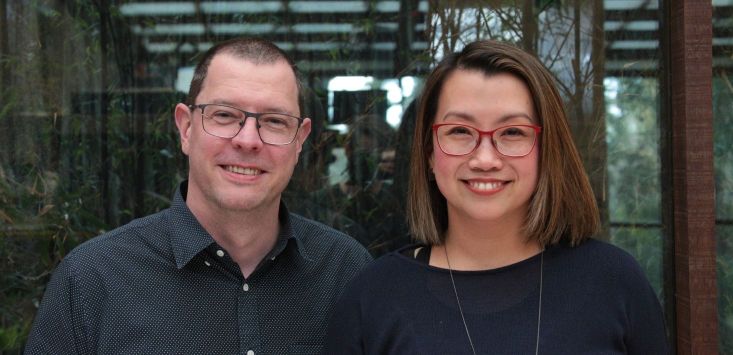
HAL Systems co-founders, Vicky and Julian Featherston. Image: Supplied
Melbourne climate tech startup, HAL Systems (don’t worry, it’s not that one) has just raised $850,000 in seed funding led by the Alice Anderson Fund.
HAL Systems began in one of Melbourne’s most iconic houses
The story of HAL Systems began with the iconic Featherston House in Ivanhoe, which was designed by Robin Boyd. Completed in 1969, the architectural marvel has remained within the Featherston family.
Julian and Vicky Featherston – the founders of HAL Systems – now reside there and completed the most recent updates to the house.
The pair had already launched a design-based consultancy business in 2004, Two Feathers, which expanded to include structural design, building modelling, and 3D construction.
Get daily business news.
The latest stories, funding information, and expert advice. Free to sign up.
They took their expertise into updating Featherston House, with the goal of finding a balance between modern living and heritage design.
Climate control was particularly challenging with their open-plan design.
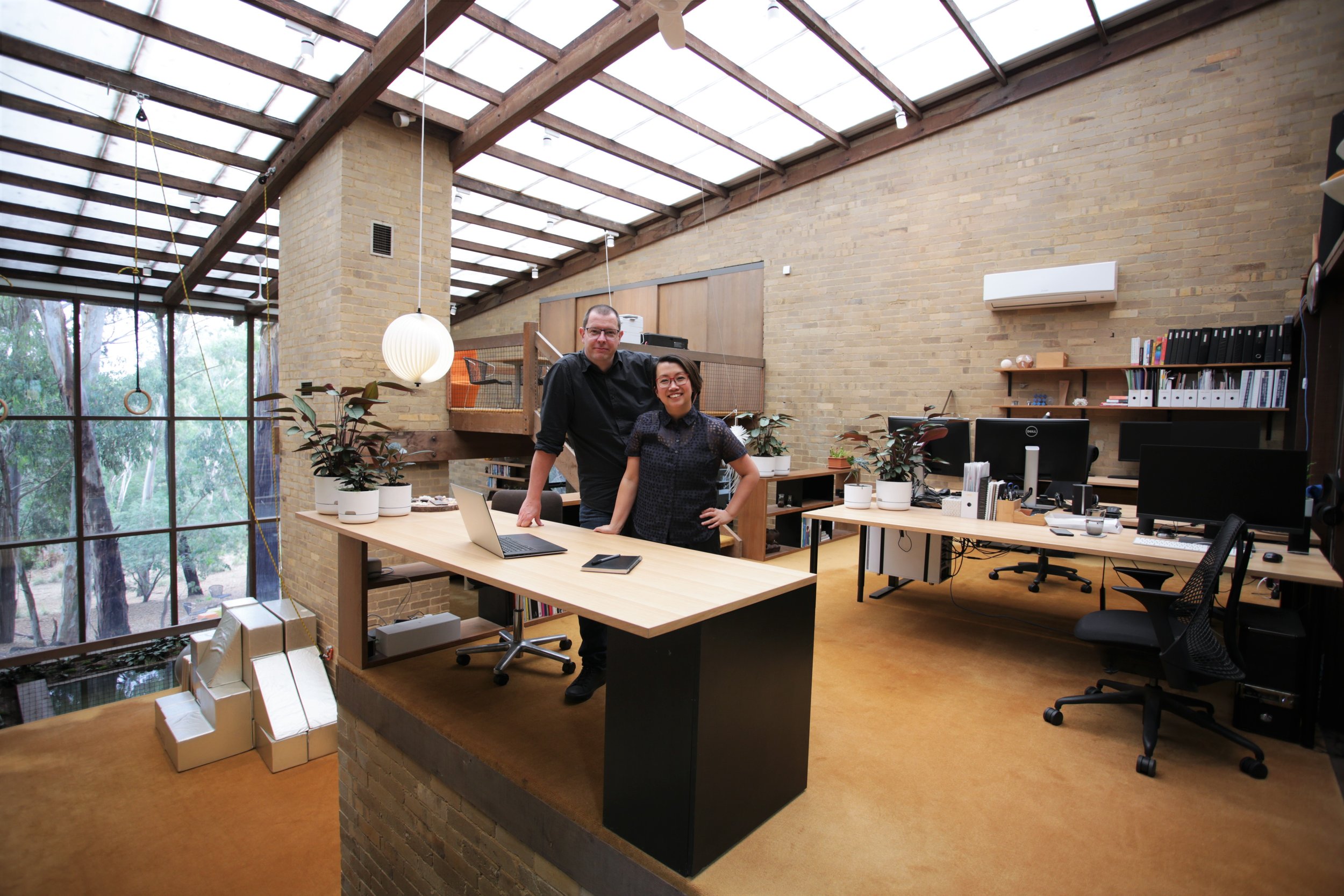
Image: HAL Systems
“The original design intent of Featherston House was to bring the outside in – to be in tune with its outdoor environment,” Vicky Featherston said to SmartCompany.
“The building’s extreme open-plan design wonderfully embraces nature, but it has also meant it’s long been a challenge to heat and cool evenly or efficiently.”
HAL expands beyond the home
Realising their technology was unique to the market, Vicky and Julian launched HAL Systems as a commercialised predictive energy efficient climate control system for commercial buildings.
In addition to offering an internal climate solution, they see it as a contribution to fighting climate change. According to HAL Systems, in Australia alone commercial buildings are responsible for around 25% of overall electricity use and 10% of total carbon emissions. And heat, ventilations and air conditioning (HVAC) typically makes up 60-65% of this electricity.
Undoubtedly more stable than its Space Odyssey counterpart, HAL is comprised of self-learning AI that is able to calculate a building’s HVAC costs in real time.
It also takes weather forecast and pinpoint location data into account, as well as how those changes – such as outdoor temperature, cloud cover and wind – will impact a building.
From there it can shift the HVAC control throughout the day to be energy and cost-efficient.
“Based on HAL’s data results, and analysing scientific studies and energy intensities across nine different market sectors, we calculate that HAL can save around 10-25% of HVAC energy use,” Julian Featherston said to SmartCompany.
Comfort is also a factor for HAL Systems, which can understand individual spaces in each building and react accordingly. Some of the things it takes into account includes the indoor temperature, humidity and CO2 levels.
According to the company, HAL solves the problem of walking into a freezing meeting room, only to walk back into the office where people are sweating due to the afternoon sun beating through a floor-to-ceiling window.
“The comfort factor is really important. There’s no point in saving energy if people can’t be comfortable. Our results show that HAL’s predictive algorithms are able to do both,” Vicky said.
Seed funding in a tough environment
The bulk of investment comes from LaunchVic’s Alice Anderson Fund, which focuses on women-led businesses in Victoria. An additional $50,000 grant has been awarded from the Victorian Department of Energy, Environment and Climate Change.
HAL Systems considers the investment a big win when the current funding environment is particularly rough.
Cut Through Ventures’ latest quarterly report reflected this, showing just $1.5 billion in startup investment during the first half of 2023. That’s just one-third of the amount banked during the same period in 2022. It was also the slowest start to the year since 2019.
KMPG’s Q2 Venture Pulse Report for 2023 revealed similarly sluggish numbers. Unsurprisingly, it’s been even worse for women-led businesses, with the number of funded female founders in Q2 being lower than in 2021-22 due to fewer deals being made.
“Together with the downturn in investment, we knew the odds were against us. But we were determined and we persisted,” co-founder Vicky Featherston said to SmartCompany.
“We’re thrilled to have the backing we’ve now received. Finding people that believe in you and your mission is hugely validating.”
Operating in the climate tech and AI space is definitely a boon for HAL. KPMG’s report also revealed that investment into AI, climate and environmentally-focused companies have held strong, despite the overall downturn.
The CSIRO’s investment arm, Main Sequence, also announced a new $450 million fund in late July that will partially focus on startups with decarbonisation and climate solutions.
“HAL Systems are part of an exciting new wave of Victorian EnergyTech startups using AI to address the state’s energy challenges,” LaunchVic CEO, Dr Kate Cornick, said to SmartCompany.
“We are thrilled to back purpose-led entrepreneurs like Vicky and Julian through the Alice Anderson Fund and look forward to supporting them to scale the solution globally.”
Part of the funding will go into developing the next version of HAL in collaboration with industry experts. The plan is to have the system installed in a number of commercial buildings by the end of the year.
Handpicked for you
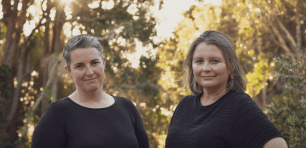
Flying Fox, Jump Start receive $600,000 in VIC government funding to boost women-led startups
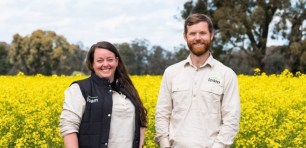
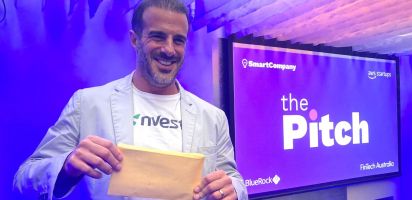


COMMENTS